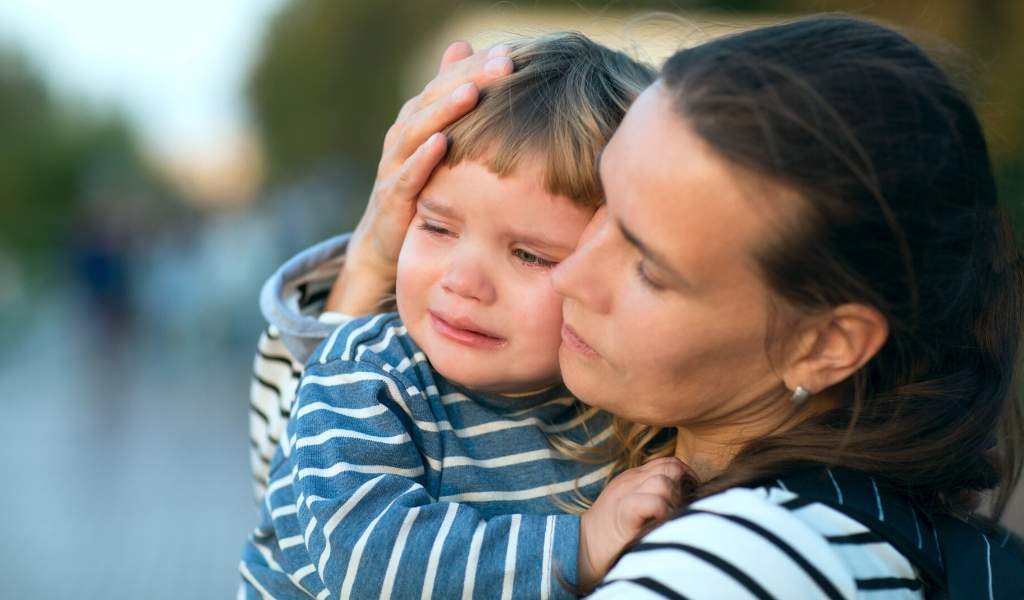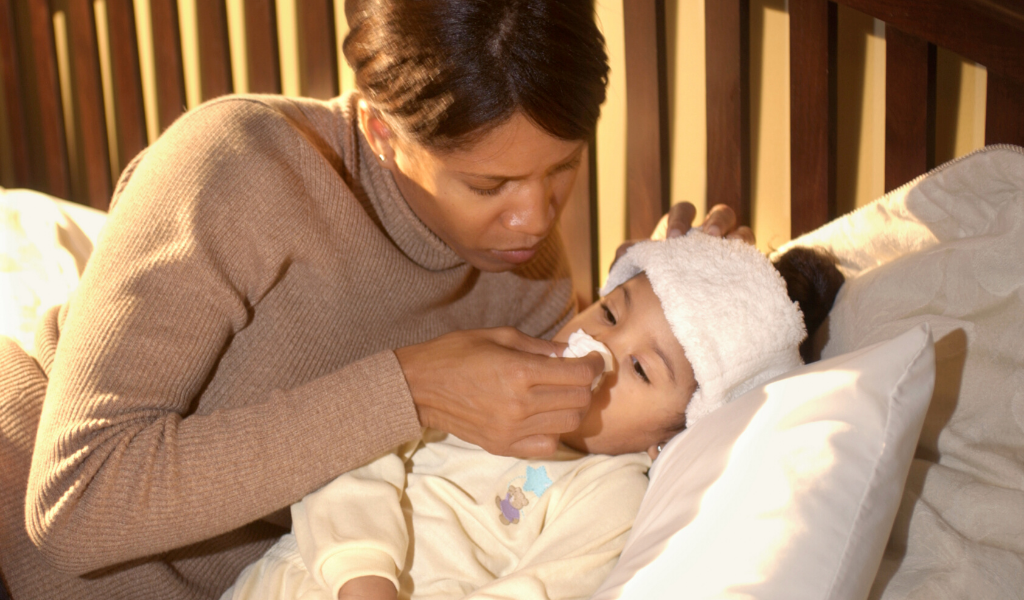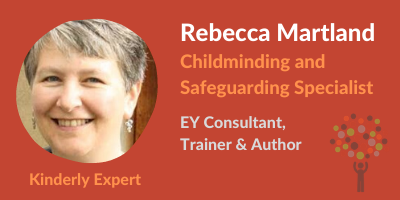In this blog, our early years lockdown ‘guru’ Rebecca Martland talks you through some of the issues causing concern for early years practitioners in the current lockdown….
Settings will already have policies and procedures in place for managing illness and infection which should be updated in line with local Covid-19 guidance and requirements, whilst continuing to meet the needs of their business. It is important to remember that alongside Covid-19 all the usual viruses and infections that cause illness in children are still prevalent, albeit lessened as a result of social distancing and increased hygiene measures, so don’t automatically just think ‘Covid’.
Sickness policies must be reasonable and settings should not impose additional restrictions to accessing the provision, beyond those required by legislation and Health and Safety requirements, without first taking advice from their Public Liability Insurance legal teams.
For example, if a child has completed the full 10-day self-isolation period, either following a positive test result or from having been identified as a close contact of someone testing positive, they should not then be excluded from re-joining the setting or asked to take a Covid test before doing so.

In England, the DfE guidance states that whilst parents should advise settings of test results, they are not required to provide evidence of a negative test and settings should (not ‘must’) not ask for this. Similar provisos are in place in the other three nations’ guidance. The DfE have failed to explain why this is the case but the most likely reason relates to GDPR, as health information is counted as sensitive data, subject to extra protections under the Data Protection Act 1998 when being processed. A colleague of mine has raised the issue with the Information Commissioner’s Office (ICO) who suggested that requesting written evidence might be reasonable. The Early Years Alliance are also seeking further clarity from the DfE.
In most situations, parents will volunteer the information so it will not be an issue. If it is a concern, however, I would recommend settings contact the ICO themselves or seek advice from their legal teams, especially if they are considering excluding children whose parents refuse to provide evidence.
The DfE guidance goes on to say that if a parent insists that a symptomatic child should attend, ‘’the setting can take the decision to refuse the child if, in their reasonable judgement, it is necessary to protect their children and staff from possible infection with coronavirus (COVID-19). Any such decision would need to be carefully considered in the light of all the circumstances and current public health advice.’’ This is separate to the guidance regarding negative testing.
‘Symptomatic’ refers to children displaying one or more of the three official Covid-19 symptoms:
Although other symptoms, such as headaches, extreme fatigue and diarrhoea, have been reported, especially in children, these are not necessarily Covid-related and do not count in the UK as eligibility for a test or mean that an individual must isolate.
*All four UK nations make it clear that taking children’s temperatures is not recommended or required, including as part of daily screening routines. Domestic thermometers are not clinically calibrated so may be inaccurate. An individual’s temperature may be above or below the ‘average’ and can fluctuate during the day, so a fever for one person may be normal for another.

Childminders will need to take account of specific advice regarding suspected or confirmed infections in their settings and households, including where someone has been identified as a close contact. If anyone in the household has a confirmed infection the childminder will need to close, and they and their household plus any minded children affected as close contacts must isolate for 10 days. In the case of close contacts, closure is not always a requirement. In all cases, the childminder should contact the relevant authority for guidance on opening and closure and to notify of cases.
Early years and childcare staff, including childminders, are eligible for priority Covd-19 testing if they have symptoms. They will also be eligible for asymptomatic community testing as this is rolled out and the major UK childcare organisations continue to campaign for access to testing IN the setting, as is planned for schools and maintained nursery schools.

Rebecca Martland has 20 years’ experience in the early years sector: as a childminder, she received an Outstanding grade from Ofsted on four consecutive inspections. She is an Early Years consultant, trainer, author and Nursery World Awards judge. She is also a qualified teacher and Early Years Professional.